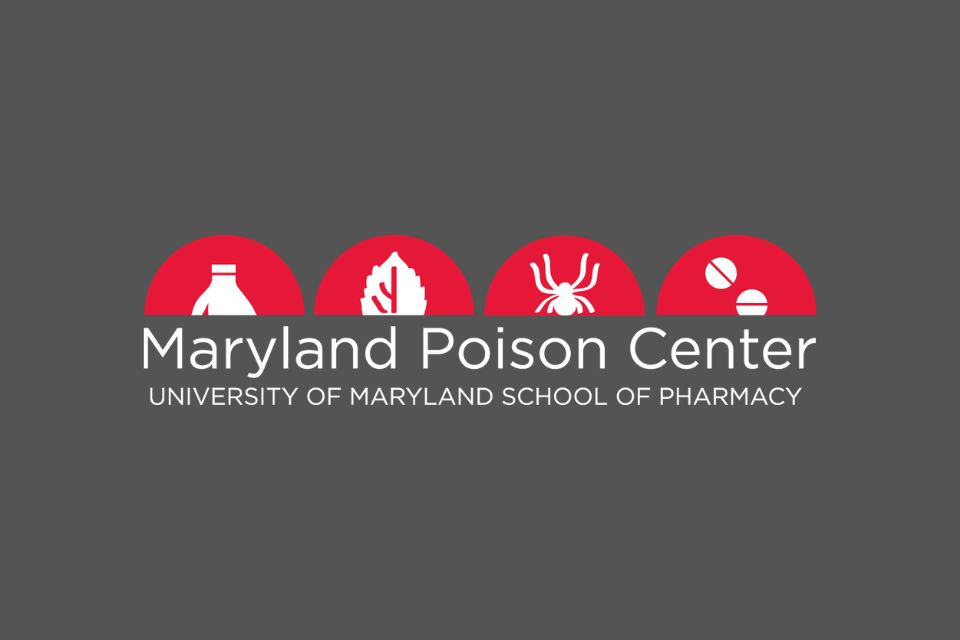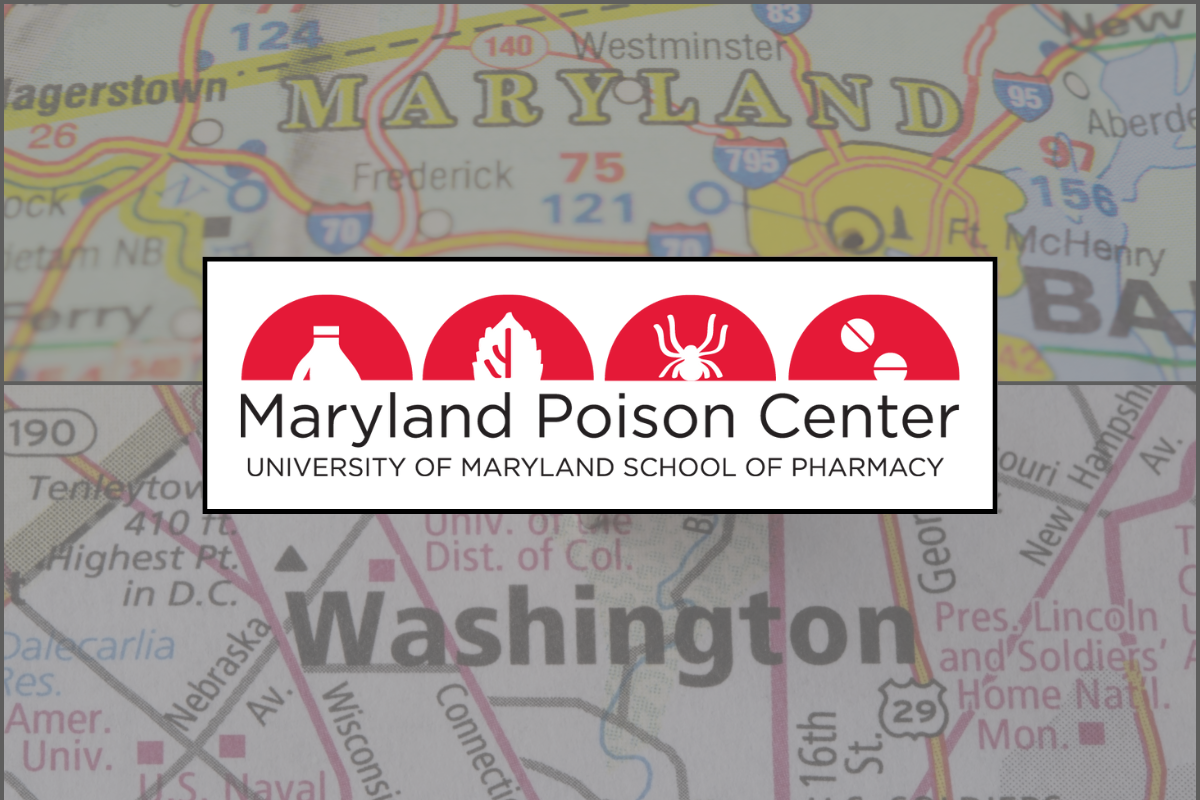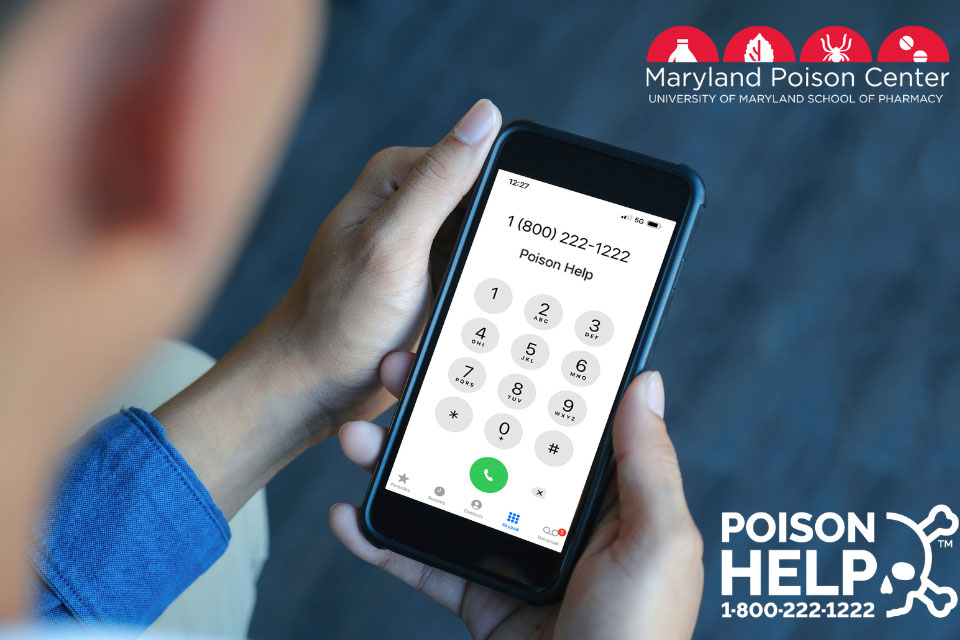Study Finds Less Therapeutic Errors in Toddlers after OTC Withdrawal
A study by researchers at the School’s Maryland Poison Center has won the best 2010 paper award published in Pharmacoepidemiology and Drug Safety.
By Steve Berberich
August 26, 2011
A new study by researchers at the University of Maryland School of Pharmacy has found a 46 percent drop in reported errors after drugmakers in October 2007 removed from the market a number of over-the-counter cough and cold medications labeled for children under the age of 2.
The study of data from U.S. poison centers by researchers at the School’s Maryland Poison Center (MPC) has won the best paper award for publication the journal Pharmacoepidemiology and Drug Safety from a major scientific professional group.
Each year, about a million exposures in children under the age of 6 are reported to the American Association of Poison Control Centers .
Study leader Wendy Klein-Schwartz, PharmD, MPH, associate professor of pharmacy practice and science, said the researchers decided to expand their study to also include children 2 to 5 years old, but found no difference in the number of therapeutic errors involving cough and cold products before and after the withdrawal for that age group.
“We were able to use the national poison control data and show in a relatively short time frame that something that happened in drug availability is reflected in the data,” said Klein-Schwartz, who is coordinator of research and education at the MPC. “And it is nice to know that a recall actually has an impact on childhood exposures,” she added.
The International Society of Pharmacoepidemiology presented the study team with the annual Ronald D. Mann Best Article Award. “This is a real honor. The journal Pharmacoepidemiology & Drug Safety is highly regarded in this field and the award reflects the high quality of the science by the research team as well as the public health importance of the study,” said Sheila Weiss-Smith, PhD, director of the School of Pharmacy’s Center for Drug Safety and a professor of pharmaceutical health services research.
Over-the-counter cough and cold medications (OTC CCMs) include combinations of antihistamines, decongestants, antitussives, expectorants, and analgesics. From 1999 to 2006, as many as 10 percent of children in the United States used the products each week, with the highest use in children ages 2 to 5 followed by children under the age 2.
Pharmaceutical manufacturers withdrew OTC CCMs labeled for use in children under the age of 2 following a recommendation by the U.S. Food and Drug Administration in January 2008.
At the same time, some agency and industry leaders expressed concern that additional limits on marketing might raise the risk of parents giving excessive doses of medications intended for older children or adults. The University of Maryland study did not bear out that concern.
“This is a terrific paper assessing the outcome of an important change in the market for children’s medications,” said Joshua M. Sharfstein, MD, secretary of the Maryland Department of Health and Mental Hygiene. “I congratulate the authors on a well-deserved honor.”
There are dozens of poison centers in the United States. Poison center staffers follow all cases to completion and record as precise an outcome as possible. The outcomes are based on clinical effects, and categorized according to (1) mild signs or symptoms that resolved rapidly, (2) signs or symptoms that were more pronounced, (3) signs or symptoms that were life-threatening or resulted in significant residual disability, or (4) death.
The Maryland Poison Center is certified by the American Association of Poison Control Centers as a regional poison center providing poisoning triage, treatment, education, and prevention services. It is staffed by pharmacists and nurses, who have specialized clinical toxicology training.
The study team was Suzanne Doyon, MD, medical director of the MPC, and Klein-Schwartz of the School of Pharmacy, and John Sorkin, MD, PhD, associate professor at the University of Maryland School of Medicine.



